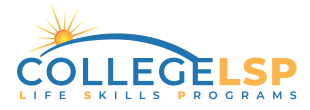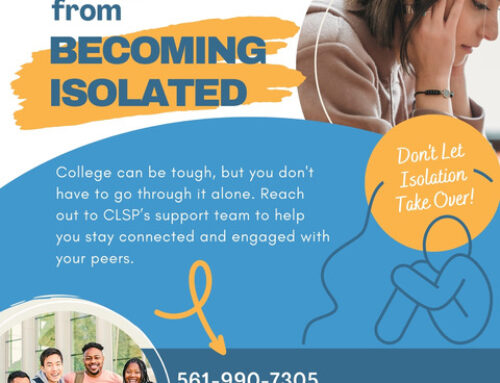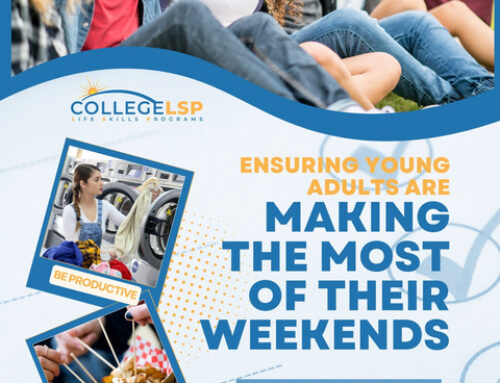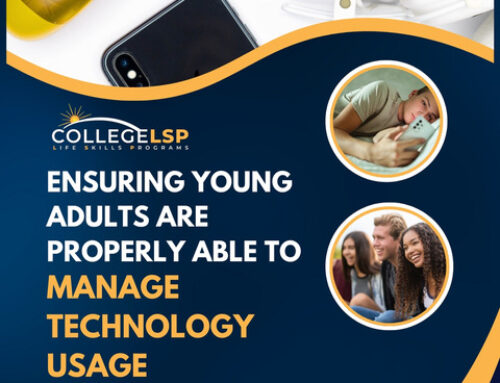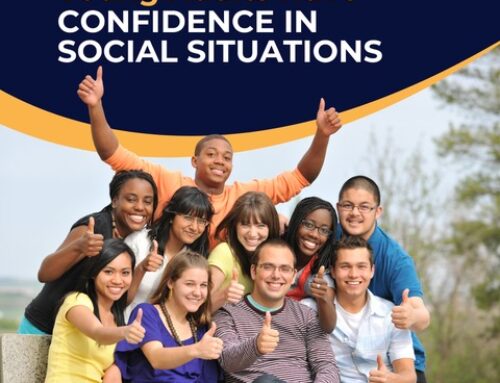Messy, messy, messy…
After one young man went off to college, he began to realize that without his parents around, the messes he made weren’t being cleaned up. Rather, the dishes he dirtied just remained in the sink and the clothes he tossed on the floor stayed unwashed, and as the days went on, instead of chores getting done, things just kept piling up. Despite no longer living with his parents, the young man didn’t expect much to be different since he had a roommate, but unlike his mother, his roommate didn’t clean up after him, and as time went on, things only got messier. He began wearing dirty clothes, leaving food and dirty dishes by his bed, and even showering and taking care of himself less since he didn’t have his parents there to remind him to do that frequently too.
As time went on, the hygiene of both the young man and his dorm began to diminish, forcing his roommate to say something. After having a talk about upkeeping their shared space, the young man promised to do his part, but as time went on, the dishes began to pile again, and his hygiene began to worsen, causing problems between not only the young man and his roommate but his peers as well. As he began not doing daily hygienic things such as showering, brushing his teeth, and wearing clean clothes, his peers began wanting to spend less and less time with him. Since the young man’s social skills were good, he thought making friends while away in college would be easy, but he soon realized without proper health and hygiene, making, and maintaining relationships would be difficult.
As the semester ended, the young man’s roommate informed him that he would be living with a different roommate next year, discouraging him even more. He felt as if he had lost his only peer in college, and as it became closer to the new semester beginning, he told his parents he doesn’t want to go back to college. This then worried them about his future since their son relied heavily on their help to maintain his health and hygiene, as well as other independent skills, leading them to realize their son lacked this important skill when transitioning into an independent adult life while away at college.
When it comes to maintaining a clean lifestyle independently, a study explains how “According to recent survey data from the American Cleaning Institute (ACI) and Wakefield Research, almost three in four students (72%) are less than completely prepared to do their own cleaning when first arriving to college.” (CMM, 2022). With so many college students struggling to keep their lives organized and clean on their own, it’s no surprise that maintaining a hygienic lifestyle can be difficult. If young adults allow their room to get to that type of state, it can take a toll on not only their physical health such as body odor, but their mental one as well. Another source explains that “…92% of college students recognize that they are at their best physically and mentally when their room is clean…” (Collins, 2022.). Having a clean and organized space can make students feel less overwhelmed, allow them to be more organized, as well as many other essential things such as keeping their dorm and clothes from smelling, but without the help of their parents’ micromanagement, ensuring that they are consistently keeping up with what they need to be doing can be difficult. However, with the proper help, these skills can be implemented into a young adult’s daily life effectively so parents can have one less thing to worry about while their child is away at college.
At the College Life Skills Program, our team of Doctoral and Master level professionals utilizes a series of services and techniques to help young adults who are college bound, in college, and even after college succeed in and after their transition into independent life. We help teach them life skills in both the work world and in life to help them learn how to balance independent life on their own, as well as executive functioning skills, social skills, and the development of emotional maturity. If your child is struggling with life skills, such as maintaining adult-level health and hygiene, or the transition into adulthood, CollegeLSP has the strategies to aid them in achieving such skills.
Dr. Eric J. Nach, Ph.D., M.Ed., A.S.D.C., is a Developmental and Behavioral Specialist who specializes in Autism, ADHD and related disorders. Dr. Nach is the founder of the College Life Skills Program where he and his team of professional’s help develop the Emotional Maturity, Executive Functioning, Life Skill and Social Abilities of college students and those high school students preparing for college. The CollegeLSP is a subsidiary program of the Support For Students Growth Center, located in Boca Raton, FL and providing services nationwide.
College students’ cleaning confidence fails to make the grade. Cleaning & Maintenance Management. (2022, August 2). Retrieved January 2, 2023, from https://cmmonline.com/news/college-students-cleaning-confidence-fails-to-make-the-grade#:~:text=According%20to%20recent%20survey%20data,when%20first%20arriving%20to%20college.
Collins, L. M. (2022, September 12). How cleaning helps young adults launch. Deseret News. Retrieved January 2, 2023, from https://www.deseret.com/2022/9/11/23329232/how-cleaning-helps-young-adults-launch-college-roommates
